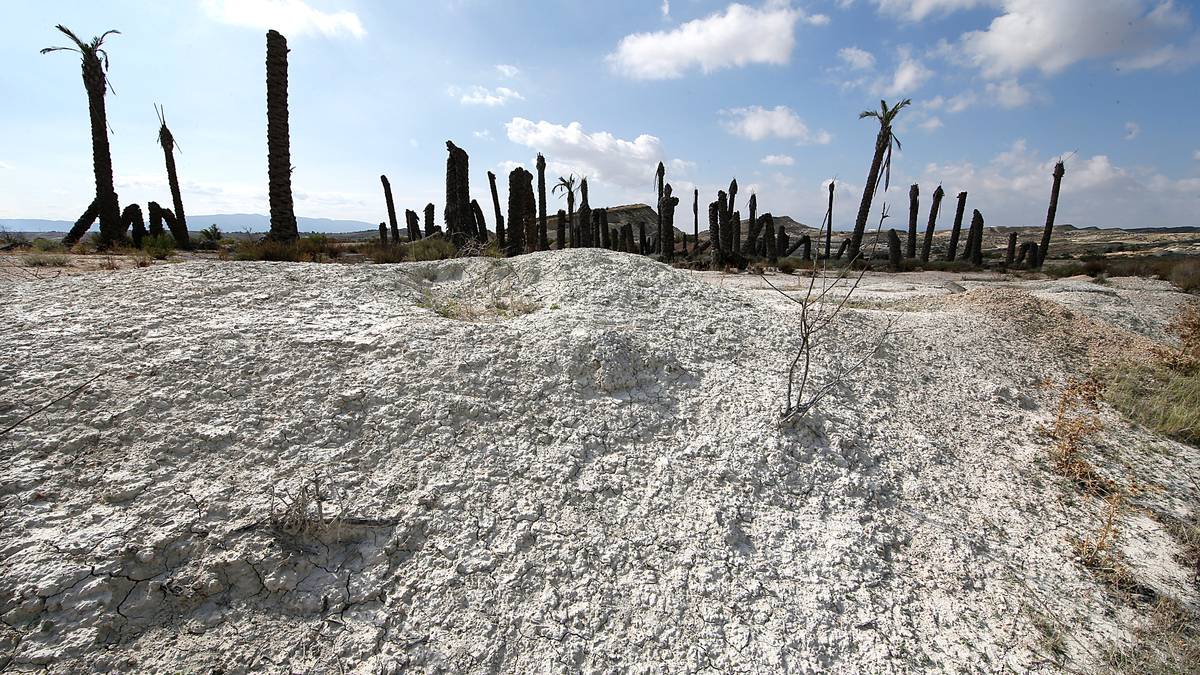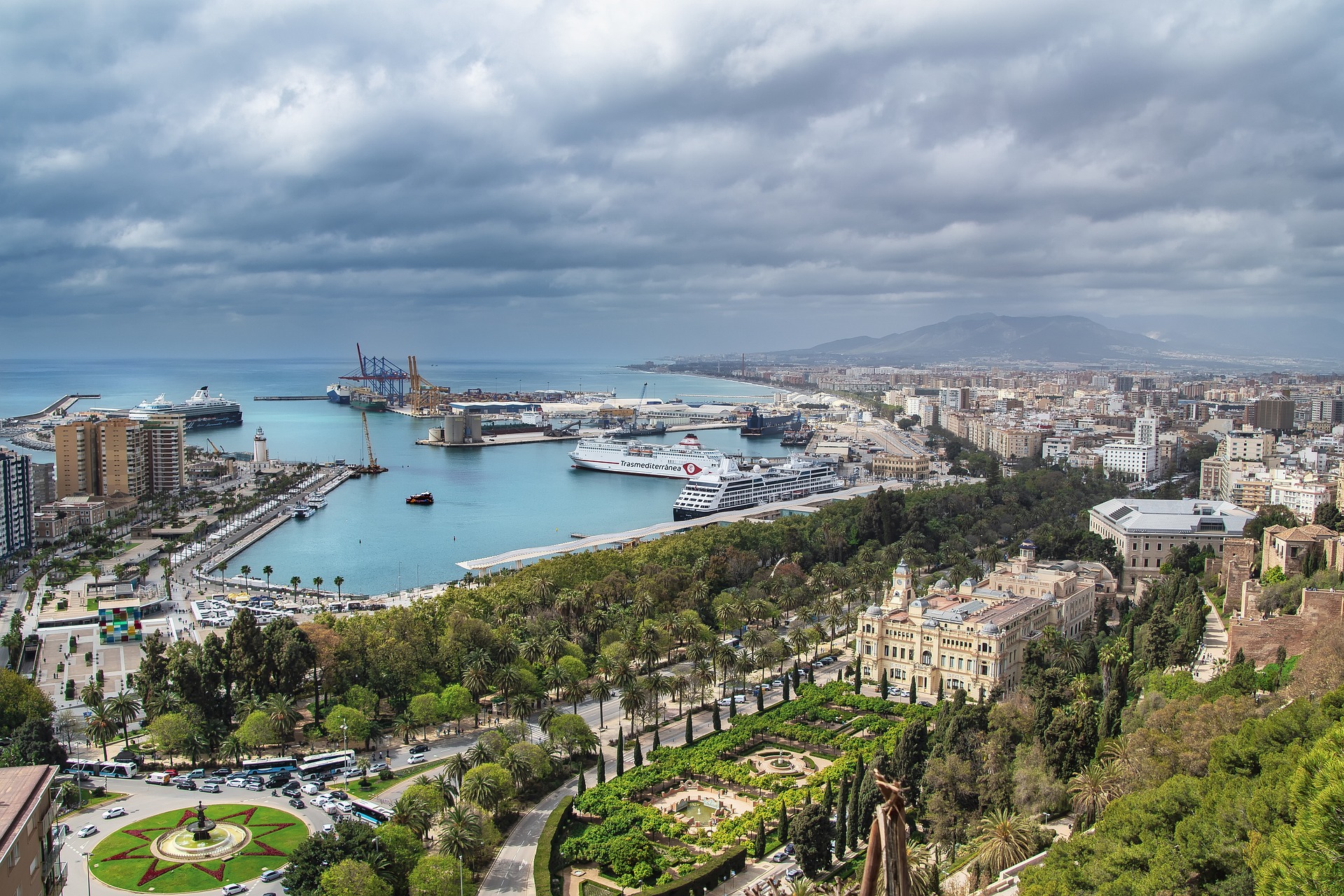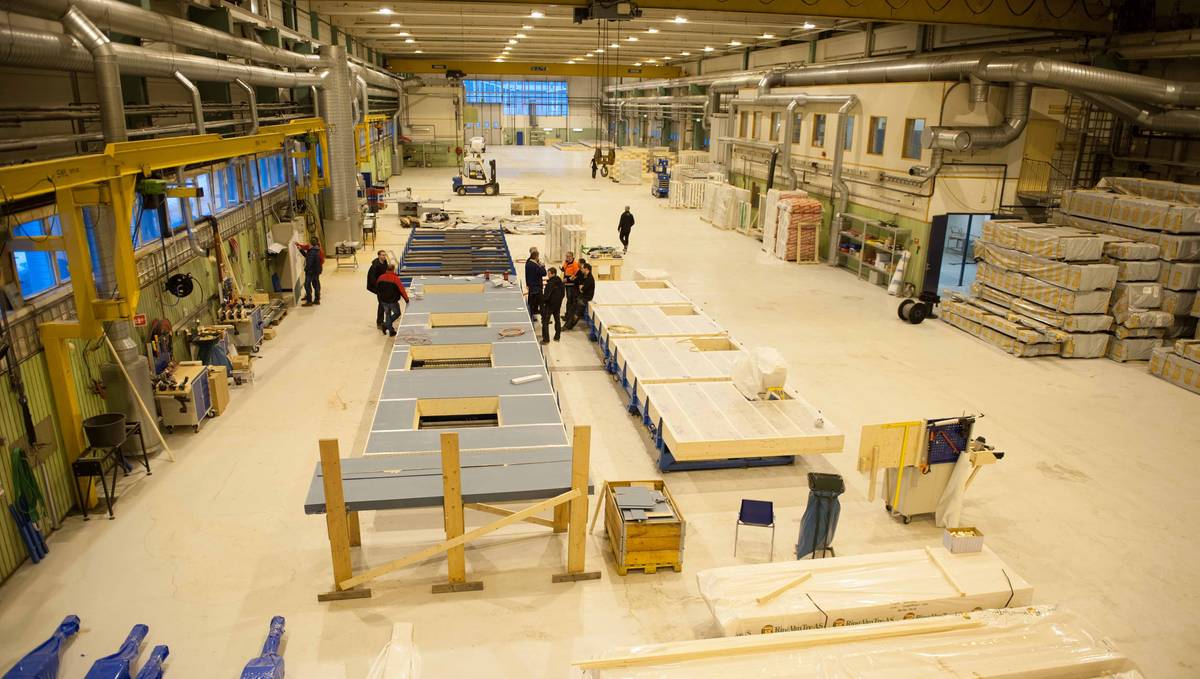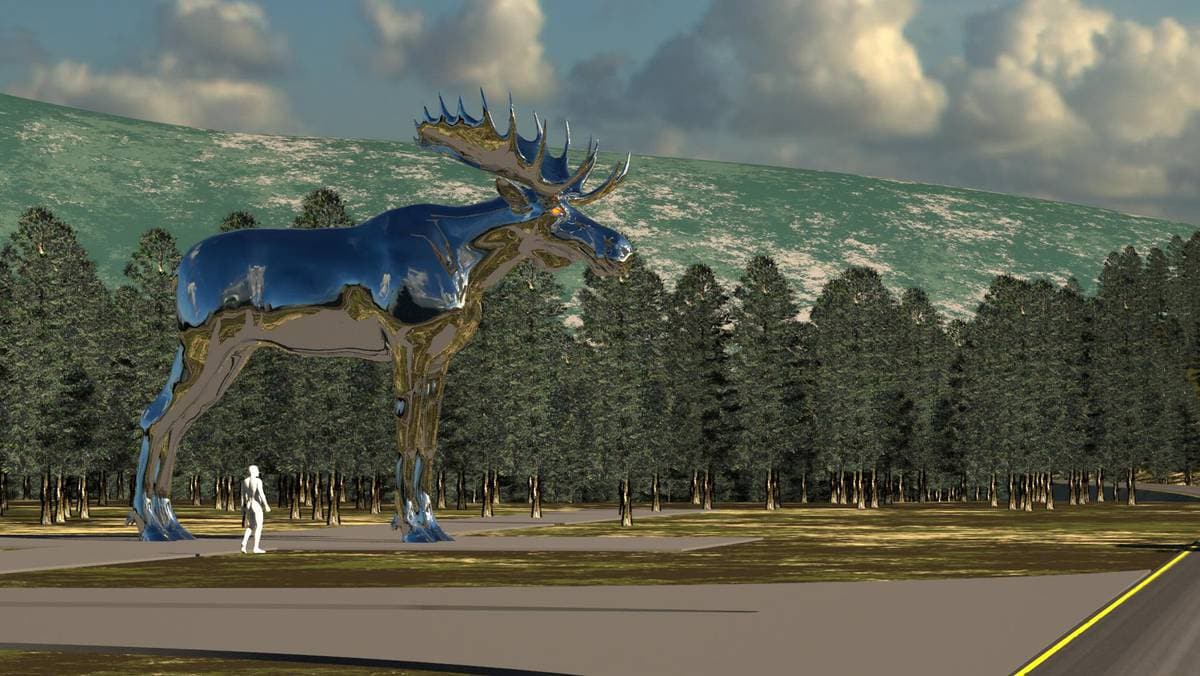This is the fifth time in a year that allegations have emerged linking meat companies to farms in the Amazon linked to illegal deforestation, he wrote. Guard.
Although JBS has denied the allegations, the evidence raises serious questions about its review of its complex supply chain.
Also read: “It is better to cut imports than reduce Norwegian meat production”
This was revealed by one of his employees
This time JBS was accidentally exposed by one of its own employees. Last July, a truck driver took a photo of himself in his JBS uniform and his JBS truck, at a marked sign Fazenda Estrela do Aripuan – 15 km at the southern tip of the Amazon rainforest. Fazenda Estrela do Aripuanã is a farm near the town of Aripuanã, northwestern Mato Grosso state, run by Ronaldo Venceslau Rodrigues da Cunha. His company currently raises and feeds 102,000 cattle at 16 locations covering 72,000 acres of pasture, according to its website.
According to the truck driver's Facebook post at the time, he and another driver collected cattle for JBS from the Aripuanã ranch and took them to another ranch managed by Da Cunha, Fazenda Estrela do Sangue, just 300 km to the south. The farm is not subject to an embargo, so on paper they would appear to be a “clean” supplier under JBS purchasing protocols.
Further posts from the driver appear to indicate that he was transporting livestock between different farms, not from the farm to the slaughterhouse. This route between several farms and slaughterhouses appears to be standard operating procedure for the company.
Also read: Power Over Holy Places
JBS denied it
Although government data appears to show the farms identified in travel documents and by drivers are under embargo, JBS denies this. Then Guard When asked for clarification regarding the complicated land registration and livestock collection specifications, JBS responded as follows: “In this case, it turns out that the collection farm is not located in the embargoed area. We continually review how our system protocols interact with the most current data available and are committed to strictly enforcing our company policies.”
They added that JBS is working with national and regional authorities to develop solutions and system improvements around supply chain traceability and best agricultural practices to combat deforestation.
The company has long sought to improve its monitoring system, and recently adopted a new system.
“As is known, the theoretical livestock productivity index implemented on July 1 2020 is expected to have a significant impact on reducing livestock washing. “With new tools like these, and the active development of other initiatives, we are working towards a fully transparent supply chain,” they wrote Guard.
Have done the same thing four times before
The meat company has been accused of purchasing livestock from indirect suppliers linked to environmental abuses, deforestation and other crimes in the Amazon four times in just over a year in investigations conducted by The Guardian, the Bureau of Investigative Journalism, Réporter Brasil, Greenpeace and Amnesty International Beef companies in Brazil have repeatedly argued that the biggest challenge in preventing deforestation in supply chains are indirect suppliers: the farms where the cattle are born, or those who sell to the farms where the cattle are fed, who then sell them to other farms or to slaughterhouses animal.
JBS and other large beef companies such as Minerva and Marfrig say that although they closely monitor their direct suppliers – the farms that ship directly to slaughterhouses – they cannot ensure that there is no deforestation upstream of the supply chain because they cannot monitor suppliers indirect. .
Also read: Small Bookstores Find Their Place in Local Neighborhoods
Increased Brazilian beef exports
Exports of Brazilian beef by the country's three meat giants – JBS, Minerva and Marfrig – have increased significantly over the past three years. The meat is sold in British and European supermarkets.
– Throughout Europe there are cattle tracking systems, so people know where calves are born, and they can be tracked throughout their lives. Brazil needs to sort out the issue for livestock traceability, or other countries will have to act in the face of potential abuses, British lawmaker Angus McNeil told Guard.

“Hardcore zombie fan. Incurable internet advocate. Subtly charming problem solver. Freelance twitter ninja.”

:quality(70):focal(2632x1616:2642x1626)/cloudfront-eu-central-1.images.arcpublishing.com/mentormedier/ZNNRYRVNU6TUOQBBL22PE3O37M.jpg)





